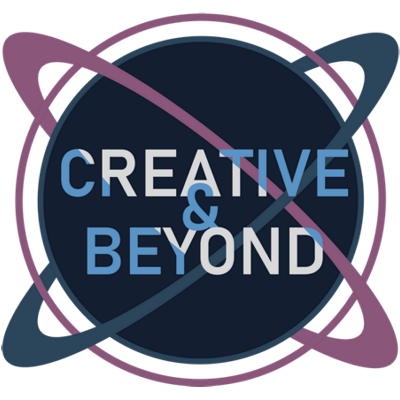creativity defined
Throughout the ages, the way we’ve viewed and defined creativity has changed many times. While I haven’t done any extensive research on it, but I’m inclined to believe that is the case—mainly because the way we see creativity continues to change today.
Consider the following questions and how they reveal what we believe about creativity:
-What does it mean to be creative?
-Are there different forms of creativity, and, if so, are they equal?
-How important is creativity in our society?
Attempting to give a thorough answer for even one of those would take a whole book and this is but a blog post. However, I do try to address all of them in my upcoming work, The Endless Creative.
Maybe that’s why it’s gotten so long!
Here’s a little excerpt with my take on the matter:
What exactly is creativity?
Maybe that seems like a senseless question, like asking, what is the sky? All you have to do is point up and there it is. Creativity can feel the same—obvious.
Creative is an easy word to use and is quickly understood without much thought.
“Her lectures are so creative, I’ve never heard anyone teach like that.”
“What a creative way to play the national anthem on rubber bands!”
“Oh, that’s a very creative use of paper towel rolls—a complex Rube Goldberg machine just so you can push a button and receive a mint fifteen minutes later.”
Those are all examples, but not creativity itself, just as pointing out the sky is not defining what the sky is.
Creativity is not everything—it has borders. But not everyone agrees on where they are. The question “What makes one thing creative and another not?” can lead to some highly subjective answers.
In some ways, creativity can seem indefinite, intangible, and mysterious. Other times, it’s obvious, tactile, and apparent. Tomes have been written on the subject, but rather than go on all day about the definition, how about we keep it broad and simple:
Creativity is the ability to make something new by use of one’s imagination.
To further explore this, here’s another tricky question: What is the opposite of creative? Think about it for a moment. Done? Oh, not yet? Go ahead, take your time…
Good? Okay, if we look at the root word, create, its opposite is destroy. So the opposite of creative would be destructive.
Destruction is certainly an act in direct opposition to creation, but let’s try looking at it another way.
If being creative means bringing about something new, then what would its opposite be? Not bringing about something new. In this sense, the opposite of creative is normative: keeping things the same or accepting sameness.
The very act of being creative means standing out from the norm, not being like water, which takes the path of least resistance. It means going against the flow of normalcy.
To continue on the subject of a definition for creativity, I read an article from Psychology Today that offers another perspective:
“Some features of creativity … include originality, effectiveness (having an impact), surprise, authenticity, inconclusiveness (divergent thinking), potential and discovery. You don’t have to be an artist, then, to be creative by standard definitions because you can be an inventor or original thinker in fields such as science and technology.”
The writer presents the argument that creativity is more than just the work of famous artists, it’s also the little unknown and even unrecognized accomplishments of everyday people.
As you might suspect, I strongly agree.
The article also dives into the value of creative works that have no audience other than the creator. It even touches on the possibility for creativity to emerge when someone reacts to another’s creative work on a personal level.
It’s a good read, and you can check it out here:

